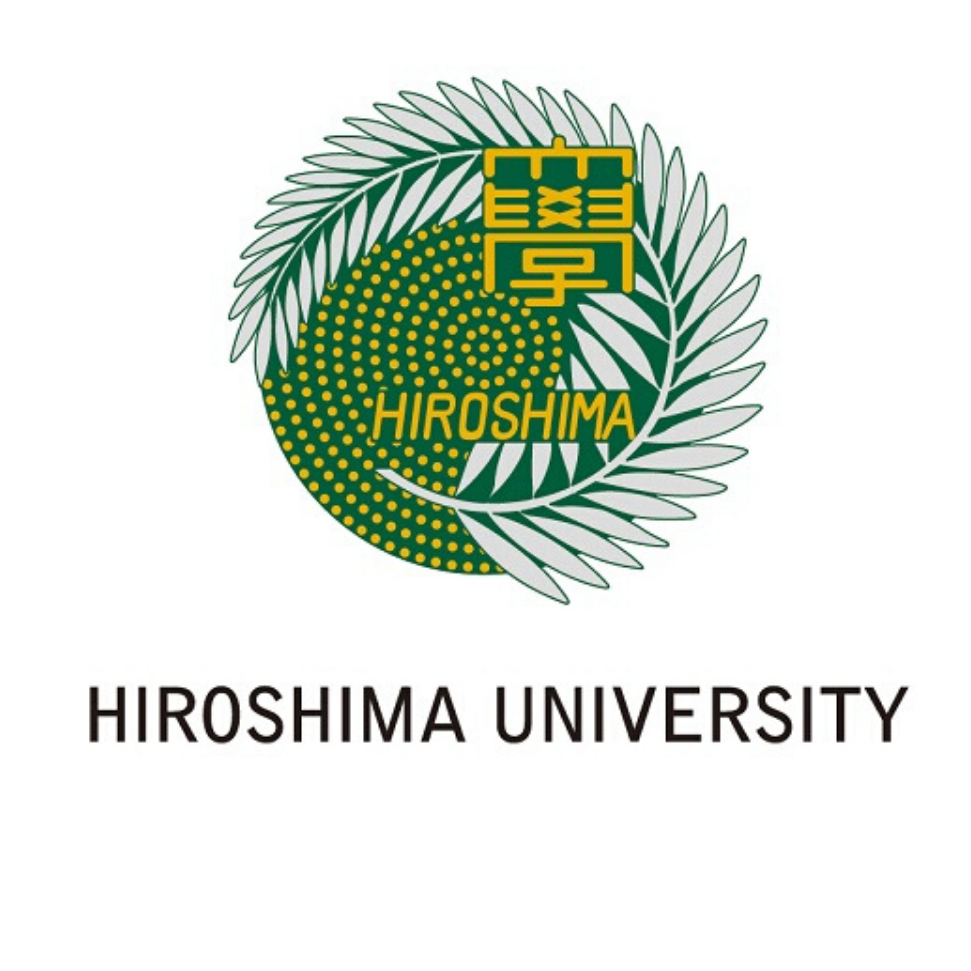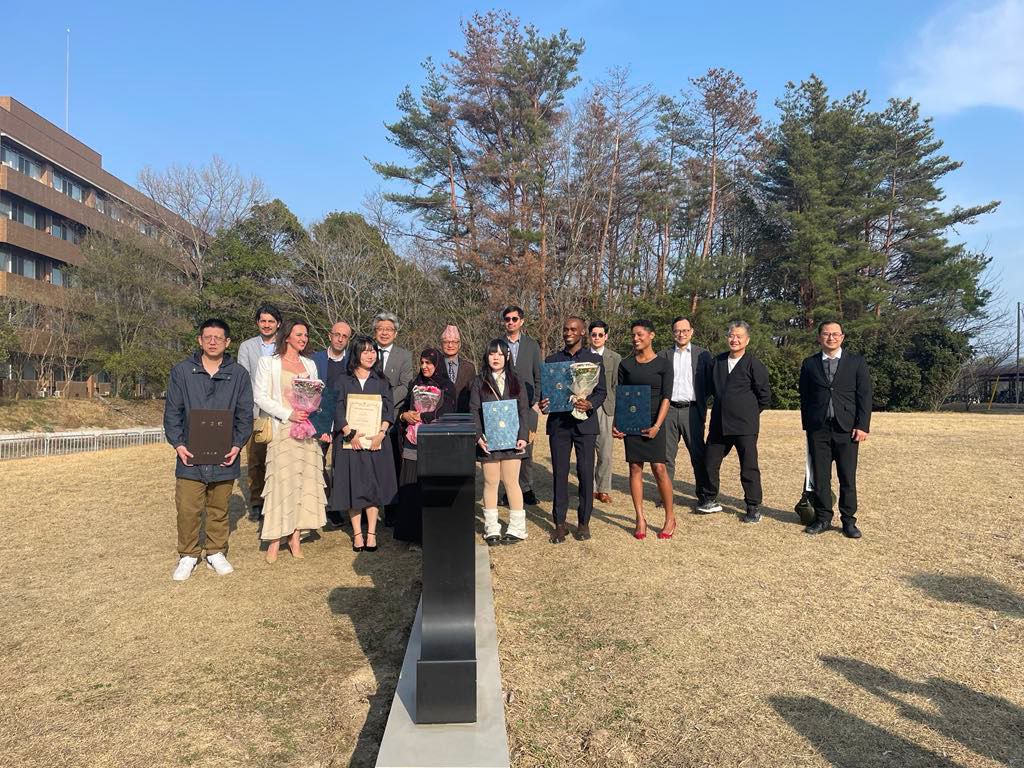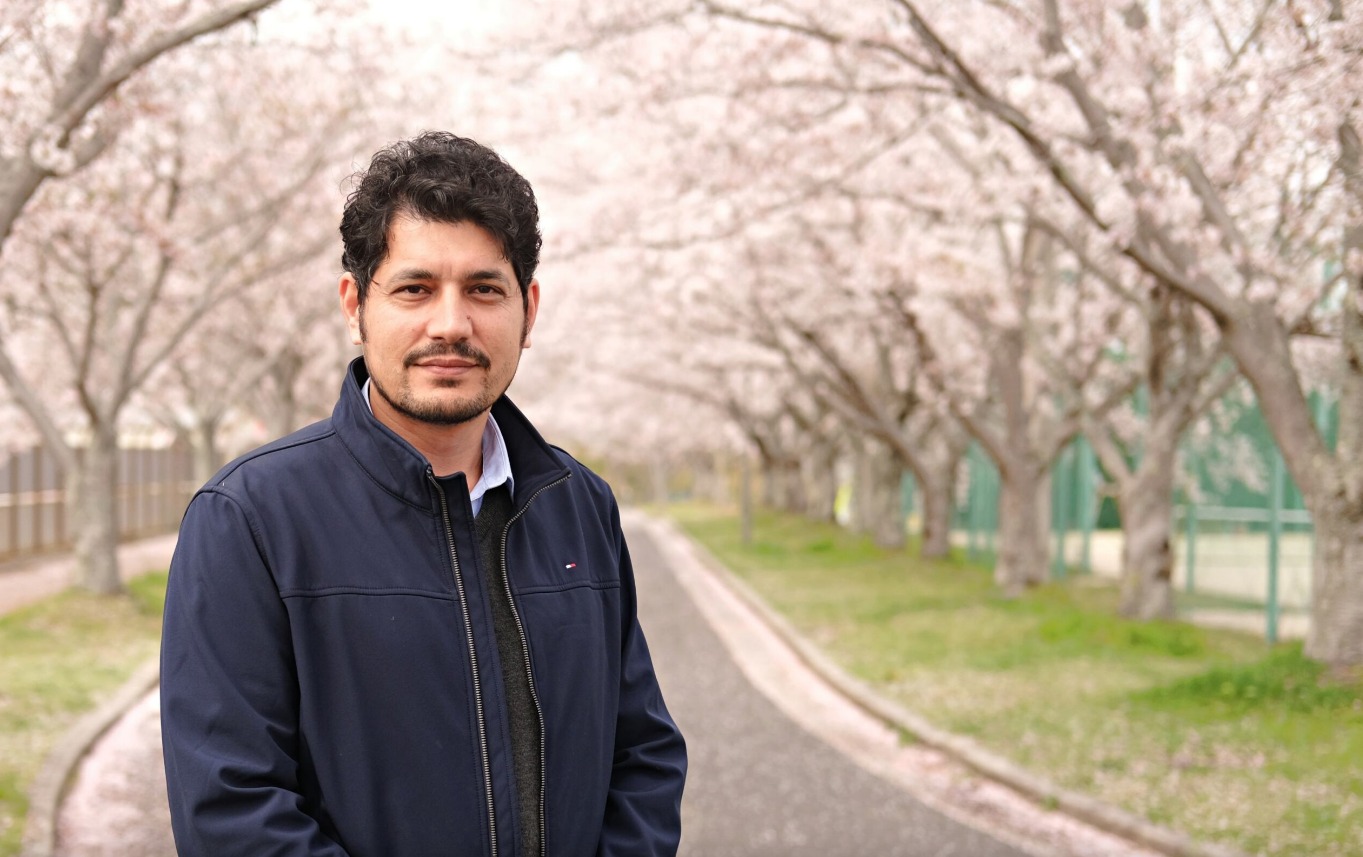
The International Economic Development Program is an interdisciplinary program that brings advanced professionals and researchers together to contribute to the development, planning, implementation, evaluation, and improvement of policy-making for economic development.
Our program combines purely academic research with applied policy work. Many of our students are public servants from across the world, who bring their expertise, first-hand case knowledge, and empirical puzzles to our program. They collaborate extensively with our faculty to produce academically rigorous, policy-driven research that our students can apply directly to their countries’ policymaking after finishing their degree. We also achieve high levels of quality and output with faculty-student research collaboration, as our collaborative research output demonstrates.
The faculty includes specialists in economics, management, geophysics, environmental policy, urban planning, rural development, and political science, who bring field expertise alongside causal inference methods to help our students propose, implement, and evaluate important policies. Methodologically, we can advise students who may be interested in applying econometrics, survey methods, remote sensing, climate modeling, micro-and macro-economics, and decision analytics, among others.

Our Methodological Orientation:
We aim to train our students in evidence-based knowledge and skills in the Social Sciences. Causal inference methods have improved our ability to evaluate the impacts of policies compared to the previous personal-experience-based qualitative and subjective approach. Evidence-based decision making does not merely mean the utilization of data; rather, it explicitly prohibits the naïve utilization of data.
The evidence-based approach acknowledges that the “wisdom” that our data shows in front of our eyes is often merely a correlation, and that evidence-based decision-making requires a thorough investigation of cause and effect. The fact that “people with higher education enjoy higher income” does not necessarily imply “promoting higher education generates income growth.” The fact that “countries with higher birth rates face higher poverty” does not imply “suppressing birth reduces poverty.” The fact that “cities with better sewage have better child health” does not imply “better sewage improves child health.” If we want to measure the impact of a policy that tackles these problems, we must uncover the causal processes behind the observed data.
To tackle issues such as economic development, environmental conservation, poverty alleviation, and urban/rural dynamics, the International Economic Development Program provides a systematic curriculum to cultivate abilities to identify and target issues, correctly analyze data, and evaluate policy proposals that can link advanced social science methods to practical problem solving.









